
Opinion: How climate financing for the developing world will help all
It is conceivable that 2021 will be remembered as the year we reached a climate action tipping point — and not a moment too soon

It is conceivable that 2021 will be remembered as the year we reached a climate action tipping point — and not a moment too soon

Yet now more than ever, humanity’s collective future hinges on effective cooperation

The world is facing interconnected and complex global challenges

The U.S. military responded less than 48 hours later with an unmanned airstrike in Afghanistan’s Nangarhar province
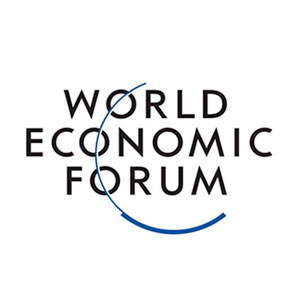
Data privacy exchanged for frictionless convenience is being compromised, stolen and leaked with disturbing regularity.
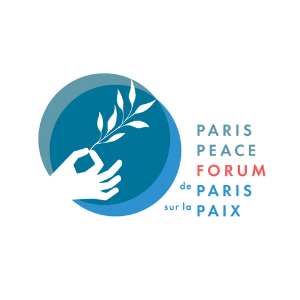
With tensions rising between global powers, digital attacks increasing in frequency and intensity, deepening climate threats and dangerously uneven Covid-19 recovery

After all, they’ve been buying, pilfering and seizing them from ANDSF forces for almost two decades.

The notion that warmer weather can make us more violent is not new

Robert Muggah explores the effects of the coronavirus pandemic and national lockdowns

At first sight, the global vaccination rollout is mesmerizing

Local leaders told authorities that four boatloads of men arrived last week and threw tear gas canisters at the Maikohipi village, nestled in the Palimiu region in Brazil’s largest and best-known Indigenous reserve, Yanomami.

Nuclear weapons are without doubt the most indiscriminate and inhumane weapons ever conceived

If we didn’t know already, the COVID-19 pandemic has driven home the fact that data is the most important strategic asset of the 21st century

The COVID-19 pandemic is a stark reminder of how interconnected our fates are

Central Asia is the staging ground for a new digital Great Game
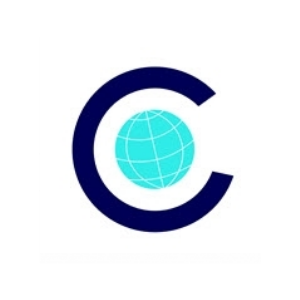
The Council’s Robert Muggah offers TEDxSaoPaulo five priorities to disrupt the crime and corruption that threatens not just Latin America, but the world

On this episode of the Brazil Institute podcast, host Anya Prusa speaks with Ilona Szabó, the co-founder and president of the Igarapé Institute, and a recognized expert on questions of public security, crime, and violence in Brazil
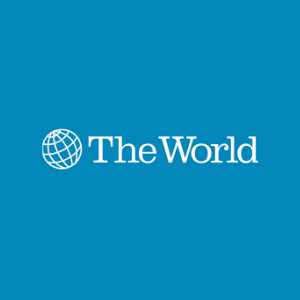
Cities around the world are designing reopening plans and imagining postpandemic life
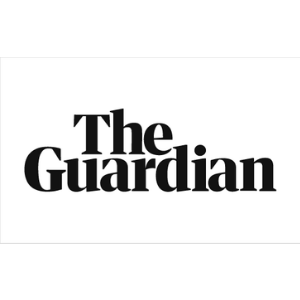
“Colombia tried to peacefully resolve class conflict with the peace process, which sought to tackle the root causes of conflict” said Katherine Aguirre
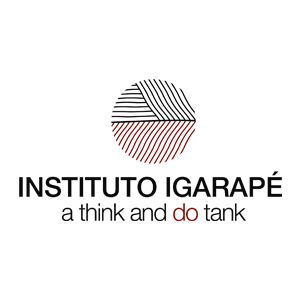
Daniel Pye’s interview with Igarapé Institute co-founder Robert Muggah about his organization’s Ecocrime data visualization platform, which combines visual storytelling with access to raw data on environmental crime in the Amazon, was the eighth most popular story with 45,000 views

Szabo said that while she did not believe the inquiry would have “immediate” ramifications for Bolsonaro in political terms, “it is important that what is happening today has consequences in the future.”

Soaring gold prices have resulted in a massive ongoing invasion of the Indigenous reserve by gold miners who are well supported with monetary backing, heavy equipment and aircraft, research by think tank Igarape Institute indicates

“My daughter will never want to sleep there again,” the unidentified mother later told journalists, heavy blood trails visible behind her.

“Armed civilians fighting against each other is one of the most serious manifestations of the crisis so far,” said Katherine Aguirre, a security expert at the Igarape Institute in Cali

As the world pressures Brazil’s Jair Bolsonaro to act, Robert Muggah of the Igarape Institute, a think tank in Brazil, has released a new too

Maps are not just informative, they are empowering

Rio de Janeiro’s bloody war on crime continues amidst a deepening COVID-19 crisis

A policeman was among those killed in the early morning raid on Jacarezinho, on Rio’s north side, where residents awoke to explosions, heavy gunfire and helicopters overhead.

This is one of a series of articles written by Young Global Leaders with action-oriented ideas to improve the state of the world by 2030

The Amazon Basin is fast approaching an irreversible tipping point

O Instituto Igarapé utiliza cookies e outras tecnologias semelhantes para melhorar a sua experiência, de acordo com a nossa Política de Privacidade e nossos Termos de Uso e, ao continuar navegando, você concorda com essas condições.

